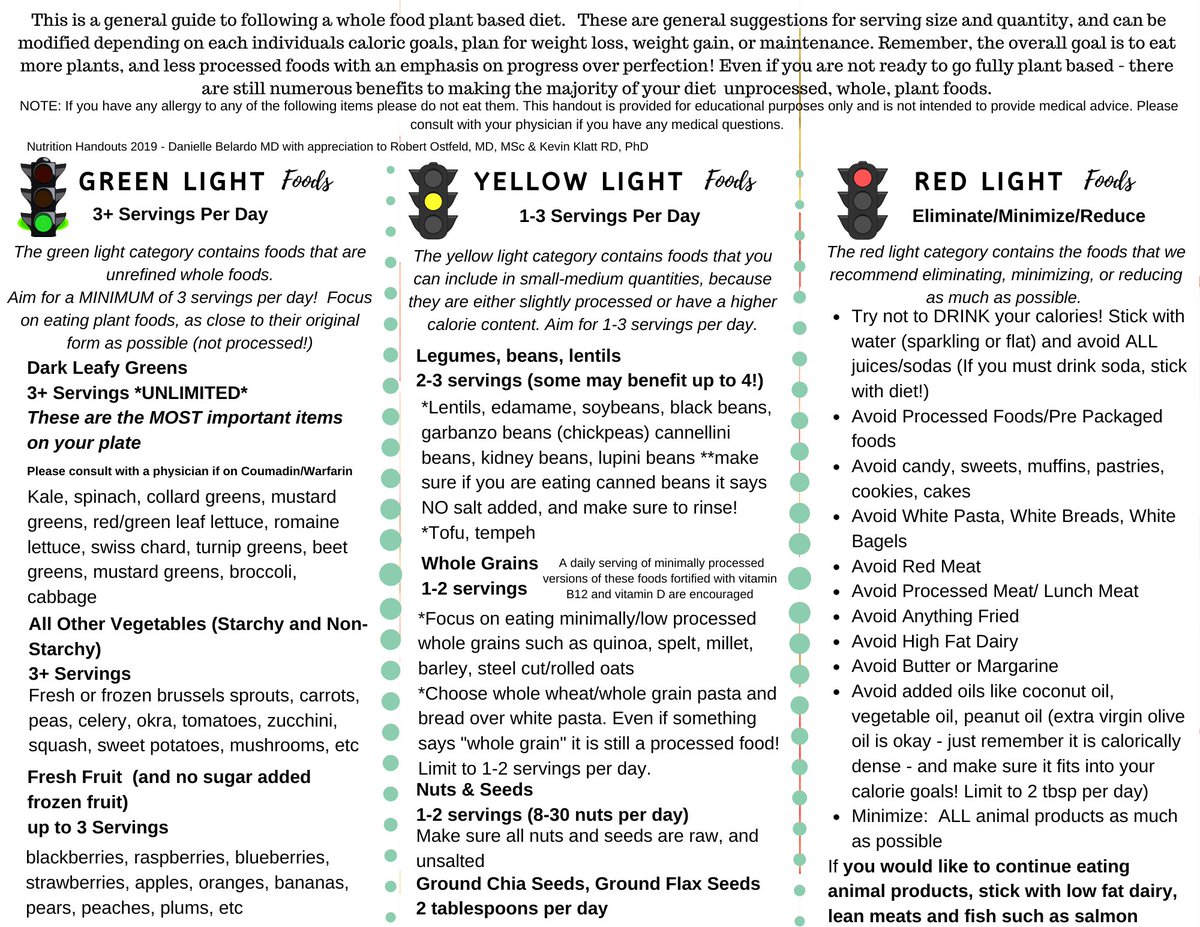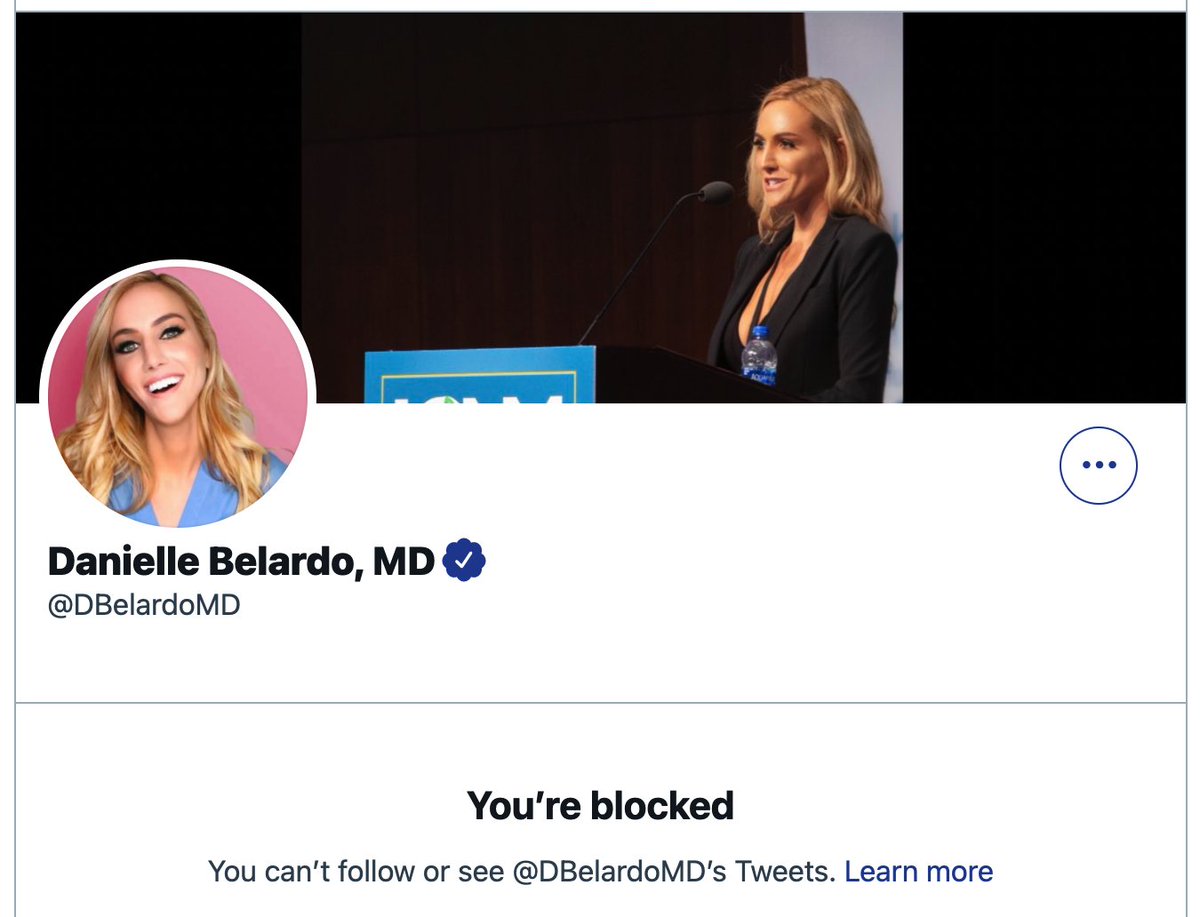
I don't have T2D. I just applied a CGM prescribed by my endocrinologist, who appreciates the fact that I'm willing to learn what I can and cannot eat, and how eating patterns affect my BG and presumably insulin levels. She said, I don't think insurance will pay for this.
1/n
1/n

I said I would self pay. She said I was an unusual patient who wanted to be proactive, and she appreciated that. She said she would rather not to have to treat me for T2D and was happy to write the script. She is not a bro scientist. She's a front-line endo whose office
waiting room is FILLED with obese, sick people of all ages following the dietary advice of most cardiologists and endocrinologists.
Worse is Belardo's "plant based nutritional handout" with her anti-animal plant-based bias.
I weep for all of these patients.😢
Worse is Belardo's "plant based nutritional handout" with her anti-animal plant-based bias.
I weep for all of these patients.😢

• • •
Missing some Tweet in this thread? You can try to
force a refresh






